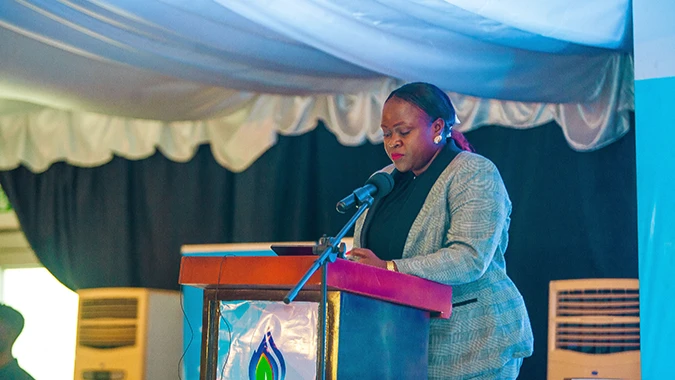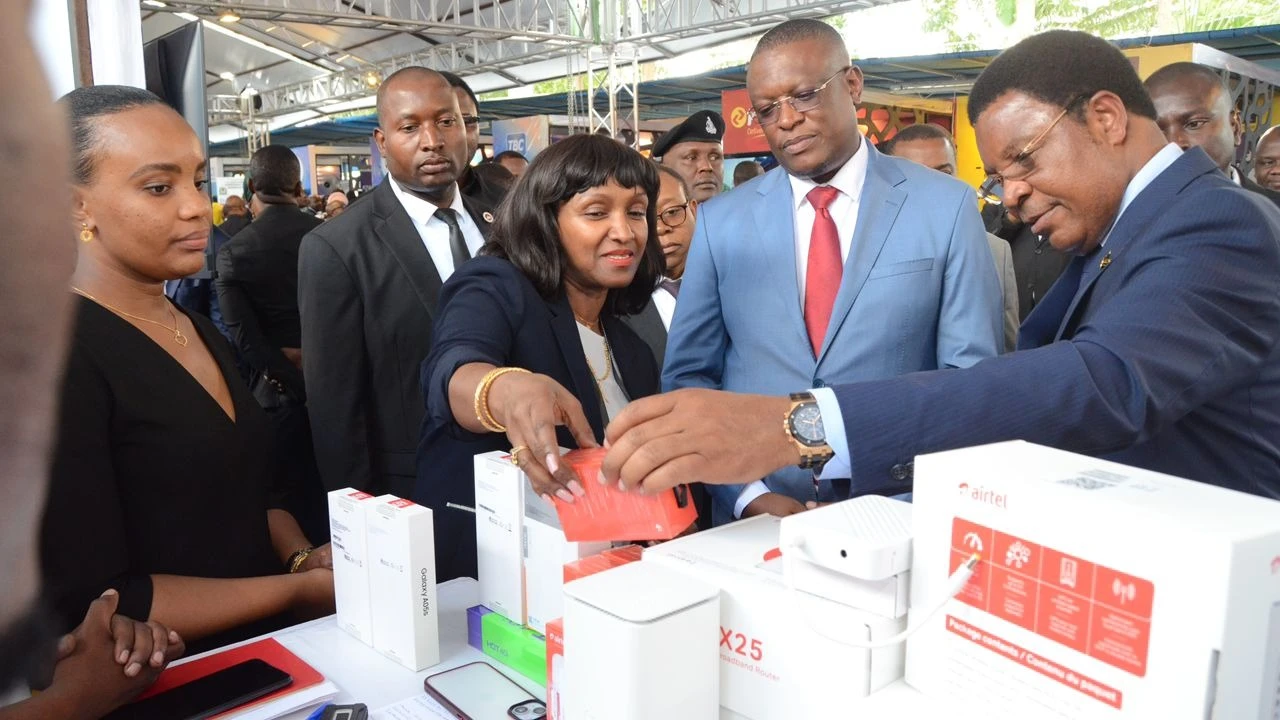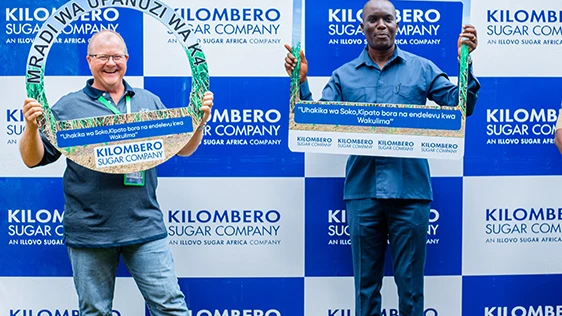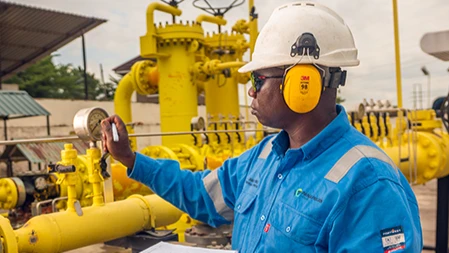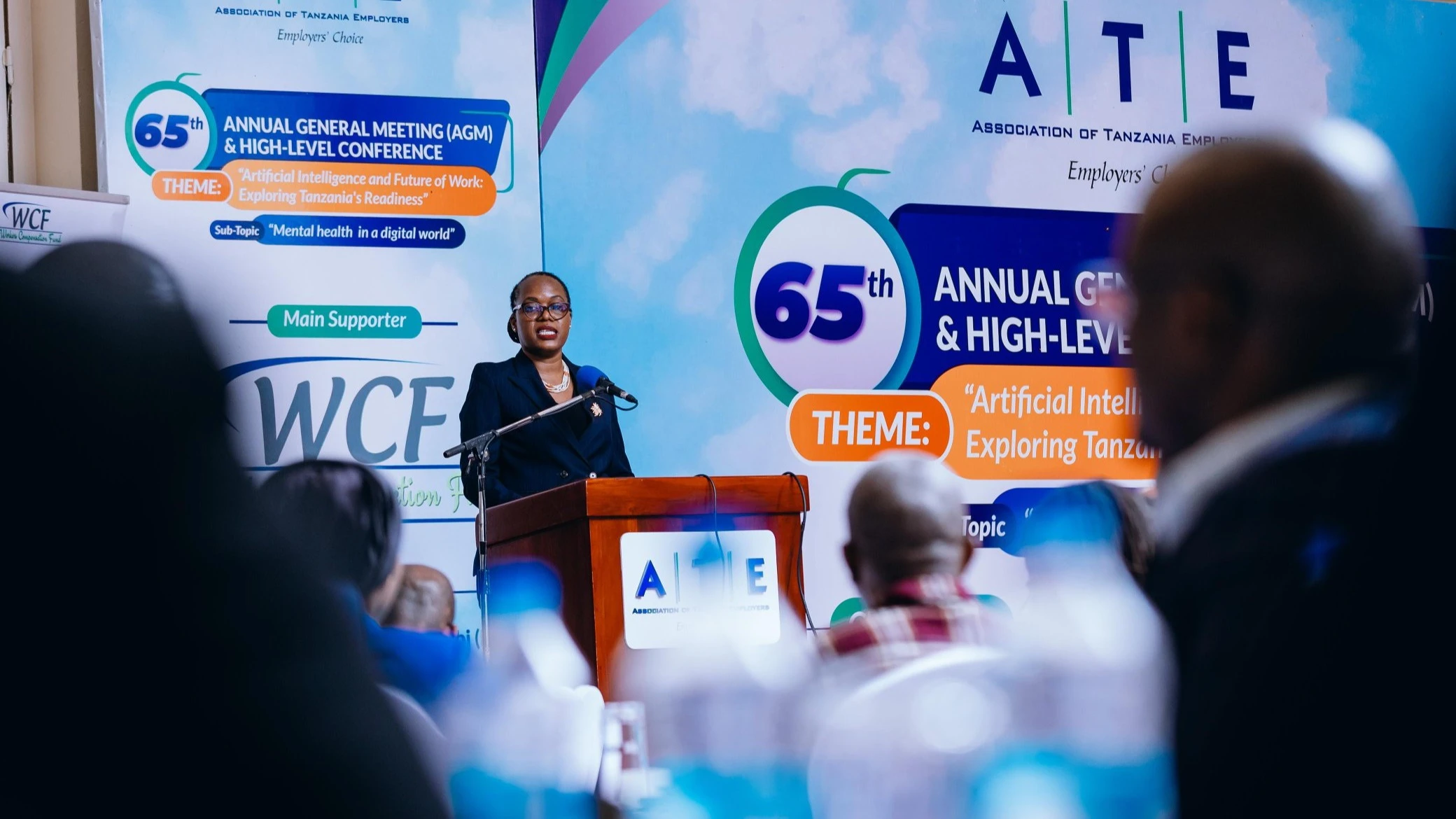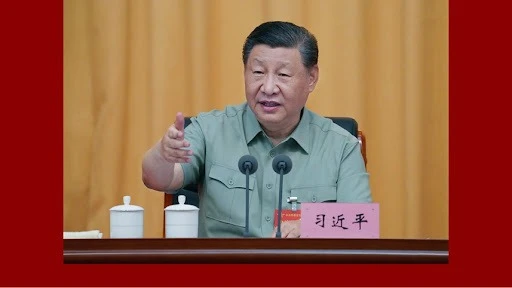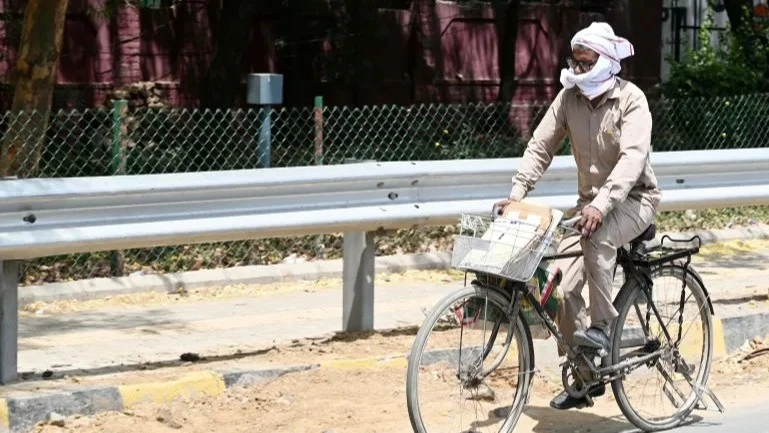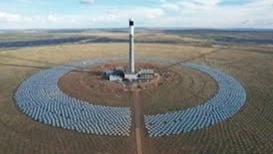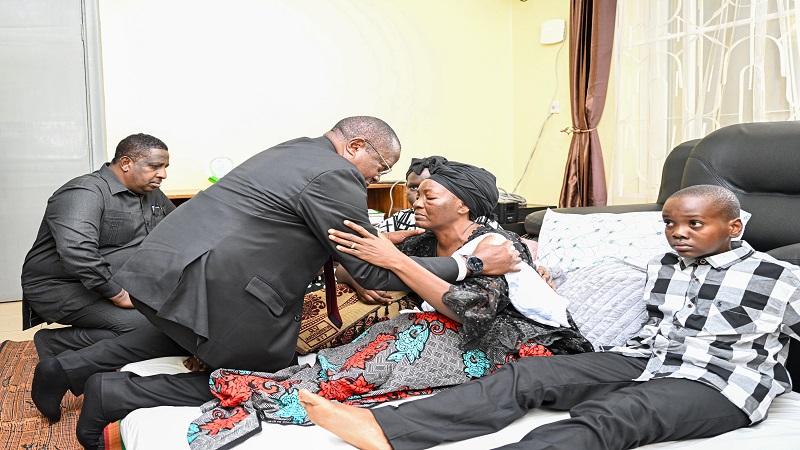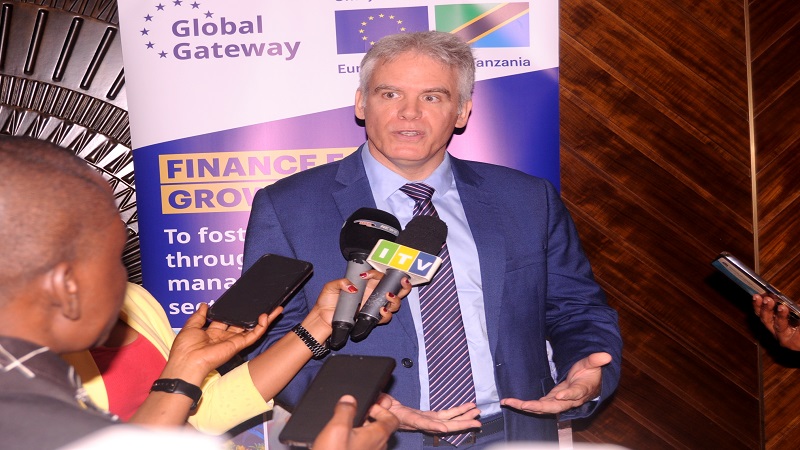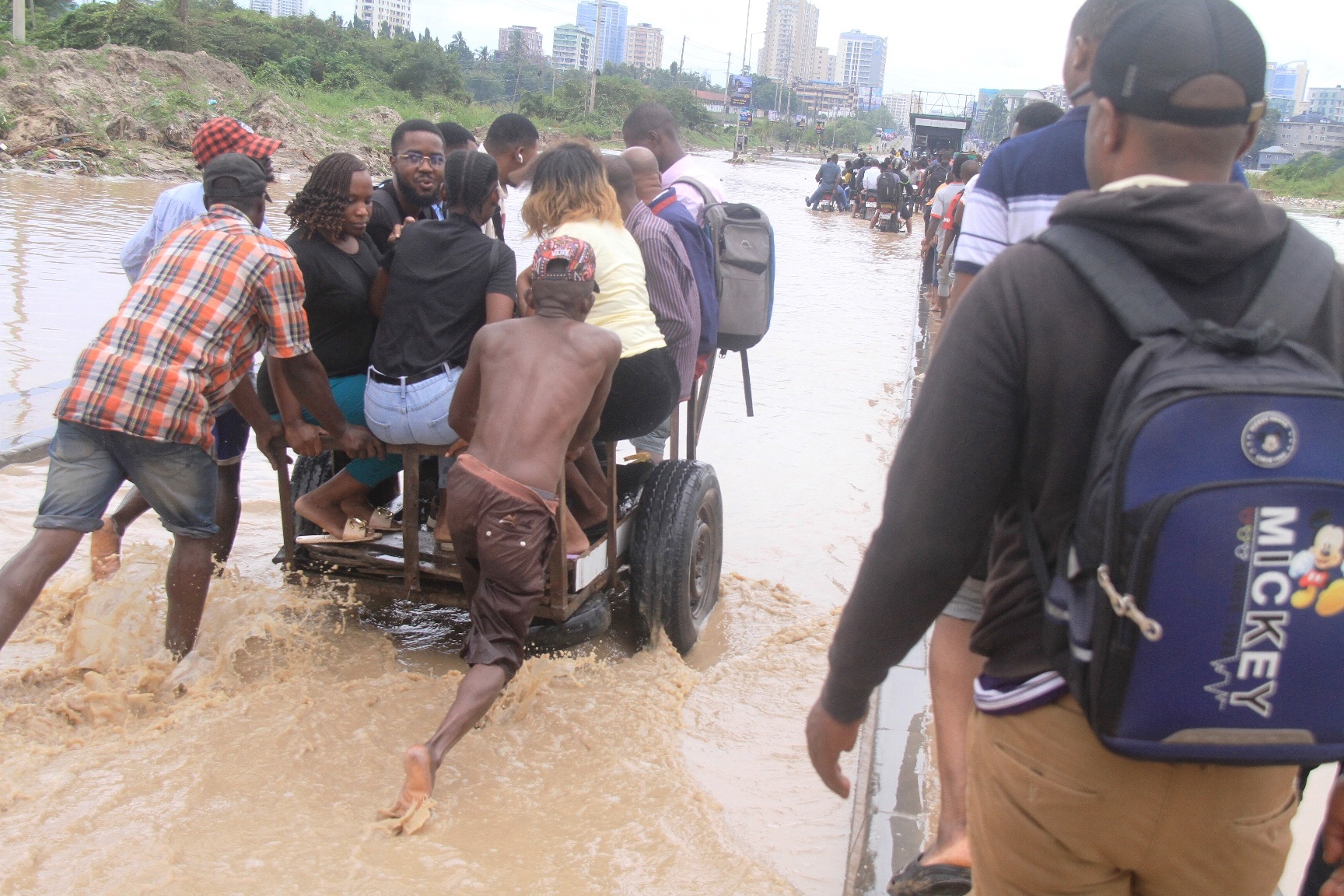ANC, Democratic Alliance, Inkatha forming unity govt
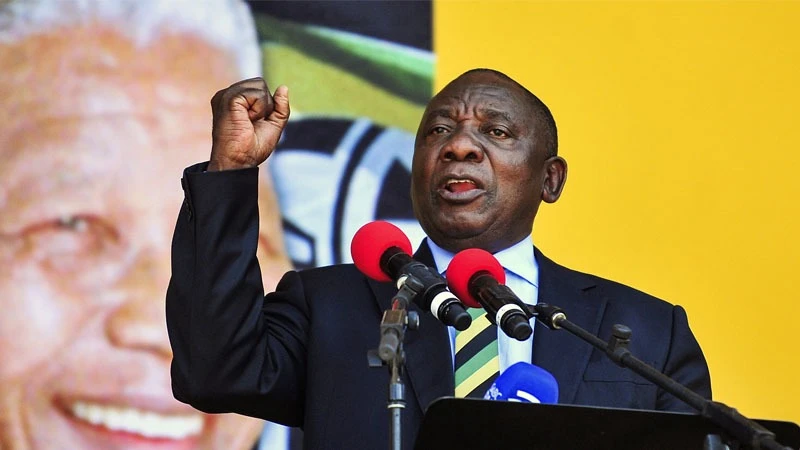
FORTY years of rule by the African National Congress (ANC) formally ended yesterday as it was forced to join with the centre-right the Democratic Alliance (DA) and the conservative Zulu political formation, Inkatha Freedom Party (IFP) to form a government of national unity.
In the wake of the deal, President Cyril Ramaphosa was endorsed by the South African legislature to form an unprecedented coalition government after the once mighty ANC was humbled in parliamentary elections a fortnight ago.
John Steenhuisen, the DA leader, said earlier in the day that it had reached an agreement with the ANC to form a multi-party coalition government. Observers said the only other party expected is IFP as the other block is far too radical to sit with the main coalition partner, the DA.
The DA leader said the party has reached agreement on the statement of intent for the formation of a government of national unity," he said, noting that the DA and the Zulu nationalist IFP would back the coalition.
"We will be supporting President Cyril Ramaphosa in his election for the president," he declared at the opening session of South Africa's seventh parliament since the advent of post-apartheid democracy in 1994.
Earlier, Chief Justice Raymond Zondo had opened the first sitting, swearing in MPs in batches ahead of electing the speaker, deputy speaker and the president.
Members of the leftist Economic Freedom Fighters (EFF) party took the oath wearing red coats and in some cases boots and plastic helmets.
They will not be supporting the incoming administration, having refused to countenance joining an alliance with right-wing or white-led parties.
Ramaphosa, the fifth ANC president in 30 years, had called for a government of national unity with a veiled wish that all parliamentary parties join it, with ANC secretary general Fikile Mbalula still wishing for a wider coalition while the parliamentary offices were being filled.
"We have reached a breakthrough on the common agreement that we need to work together,” the ANC official affirmed outside the legislature on Thursday.
EFF chief Julius Malema, a former ANC youth leader who wants to nationalise land and a breadth of the private sector, said the party was not ready to join hands with right-wing parties.
Ex-president Jacob Zuma who leads a breakaway uMkhonto weSizwe (MK), was still disputing the May 29 election results and had earlier demanded that President Ramaphosa step down for his party to join a coalition government.
MK MPs boycotted yesterday's first sitting of the 400-member assembly.
With DA backing clinched for the president, the parliamentary secret ballot was largely seen as a formality, as the crucial issue was to agree on a workable platform to form a government of national unity.
The ANC executive told the media on Thursday that governing South Africa would ‘gravitate towards the centre,’ which implies deeper economic reforms than the ANC has so far been prepared to undertake.
"Make no mistake about it. This is not the end of the process. And the road ahead will not be an easy one," the DA leader cautioned, explaining that the two-week deadline imposed by the constitution to form a government did not leave enough time to iron out all details.
Ramaphosa, a 71-year-old former trade unionist who joined business during the first two phases of government, first took office in 2018 after Zuma quit under court indictment for corruption and parliamentary uproar.
Once described by ANC historic leader Nelson Mandela as one of the most gifted leaders of his generation, Ramaphosa played a key role in the negotiations that brought an accord between the then apartheid authorities and the ANC on government arrangements after democratic elections, from 1990 when Mandela was released from prison, to 1994.
Upon taking the reins of the country, he promised a new dawn for South Africa, but inability to conduct reforms benefiting what radical see as a white dominated business sector hampered progress, and under his watch unemployment is listed by certain chroniclers as the highest in middle income economies, at more than 30 percent, pushing the ANC towards its worst election results, at just under 41 percent.
Top Headlines
© 2024 IPPMEDIA.COM. ALL RIGHTS RESERVED








